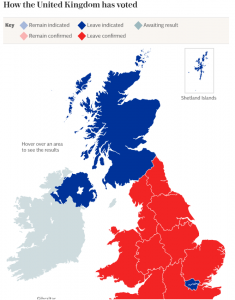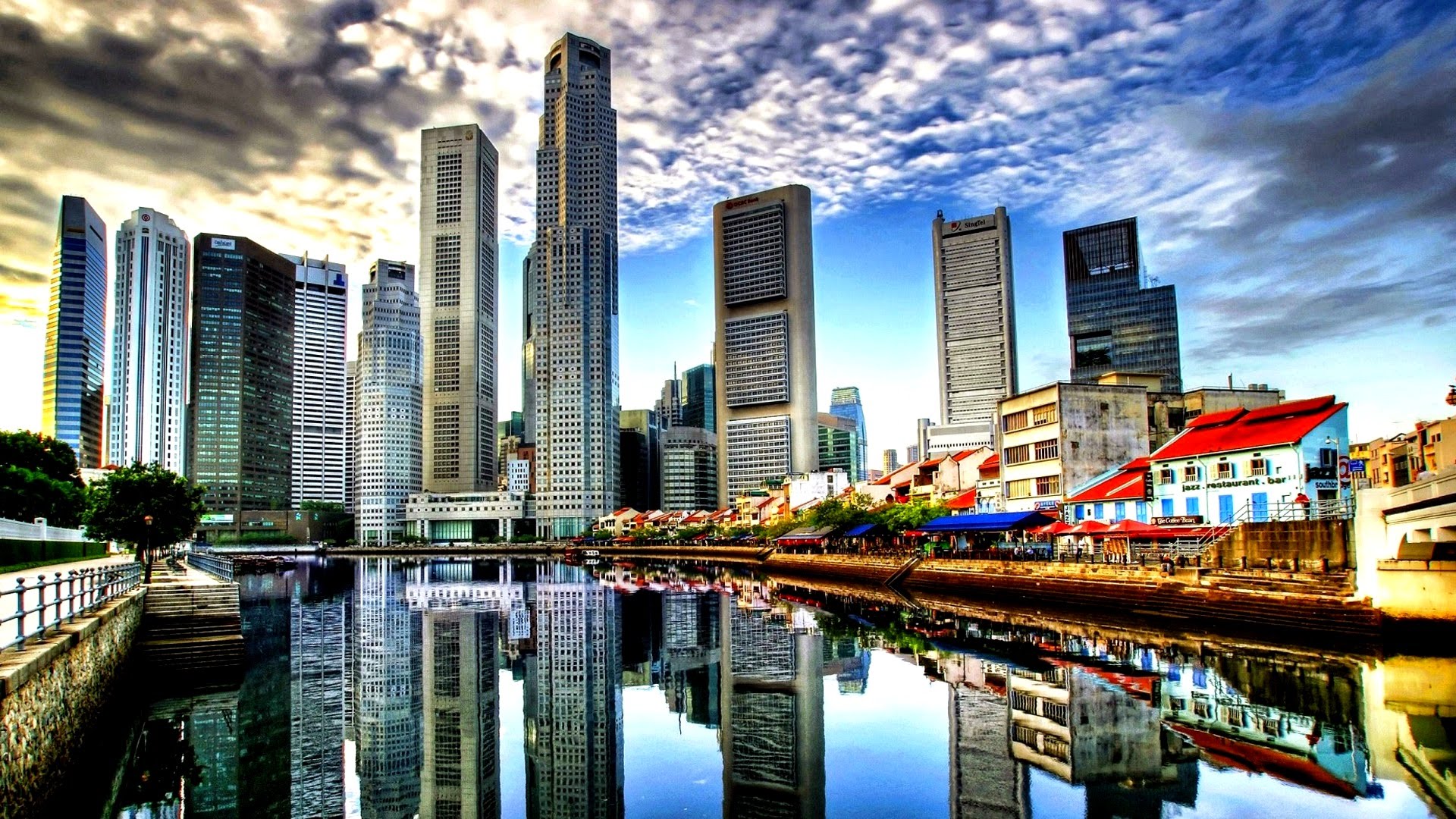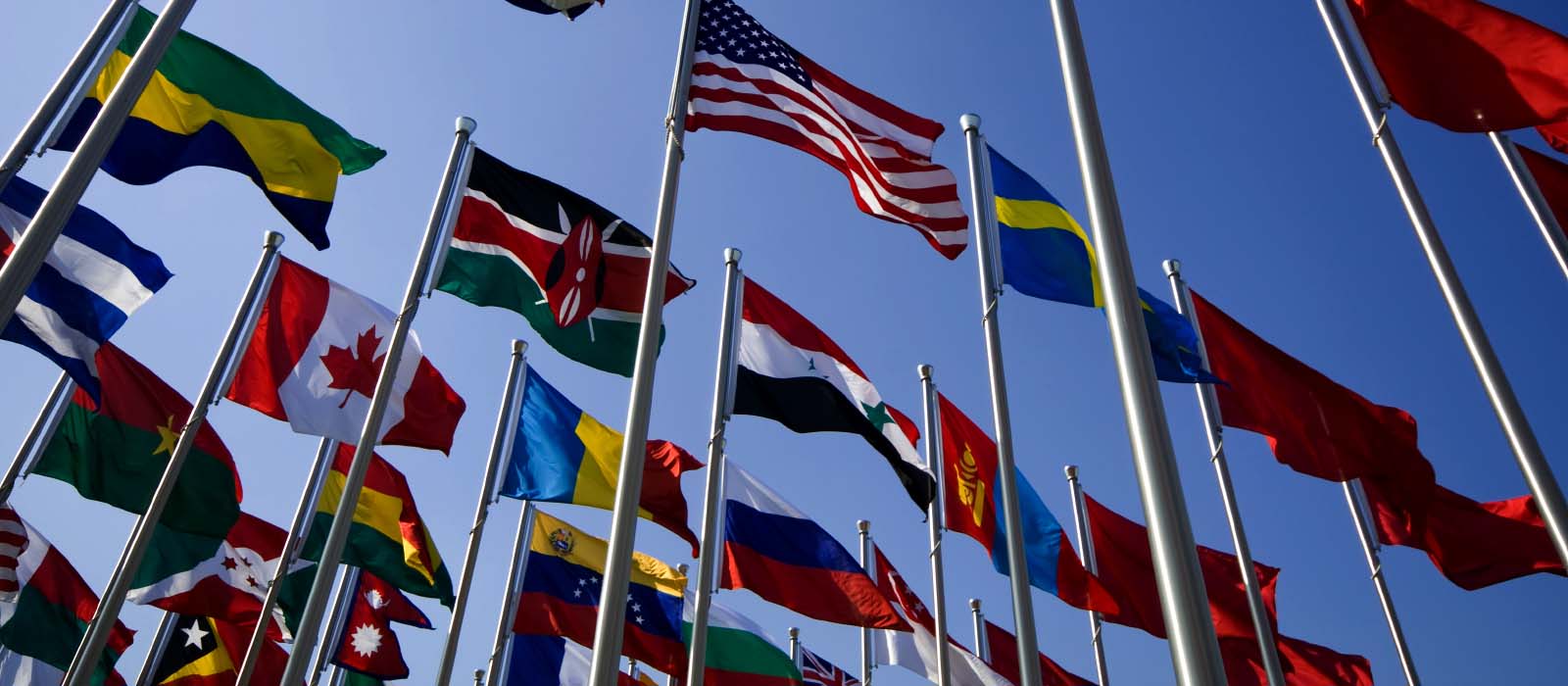The traditional analytical frameworks for international relations, pinpointing remaining disparities between developed and developing countries, seem to fall into obsolescence. Current studies tend to shift the attention to the new actors driving the international dynamics, especially global cities, that appear to become a new center of attention for international analysis. While recognizing their political and economic importance, some of the studies contain a range of relatively alarming assumptions underligning the imbalances provoked by an unstoppable growth of urban giants. This growth could probably lead to an increased instability – on the national, regional and, finally, international levels.
The Impact of Economic Transformations
While contemporary concepts of governance extoll a more inclusive decision-making process associating more and more diverse actors, its geographical space is today considerably reduced – and, in fact, limited to the urban areas. This is undoubtedly related to the latest economic transformations, with the decline of North Atlantic Fordism, the unprecedental growth of financial sector compared to the overall economy – in US it is now practically three times higher than it was in 1950s, and the concentration of industries and services within urban spaces : thus, the input of Greater London is estimated to represent more than a quarter of UK economy (342 bln from 1547), the GNP of Ile de France is some 4,5% of EU economy.
Decline of the Rural World

Credit : Abyss Wallpapers
The importance of the rural and other non-urban areas is consequently decreased, as is their cultural potential, and the words of an Italian political scientist Ricardo Petrella seem to be the most relevant to resume the overall trend : « The most agressive financial resources will be available in the cities … as well as the best universities, research centers, the greatest theaters and operas, the headquarters of multinational organisations and the networks of SMEs ». Urban areas are the first privileged by globalized markets : foreign direct investments flows mostly go to the global cities, and the profits from cross-border financial transactions also stay there. In most of the cases, urban policy-makers do everything it takes to increase those privileges, which leads to more and more disparities within state borders. Clearly, the concentration of the capitals of all kinds has its political consequences – consequences that we are currently observing in different parts of the Western World. Indeed, analyzing and comparing political convictions of the populations within and outside urban areas gives a more a picture that proves the existance of a huge abyss between « global cities » and the rest of national territories.
Front National and Brexit

The vote for the extreme-right Front National is systematically lower in Paris compared to the rest of the regions, and is declining in capital while seems to increase outside. Similarly, London represents a stronghold of the Brexit opponents, while the majorty of 53% in England opted for leave. In the US, case most of the studies showed that non-urban residents have been more inclined to vote for Donald Trump. William Frey from Brookings demography institution defines Trump supporters as a « nonurban, blue-collar and now apparently quite angry population », and this definition coincides with the cinclusions of the European analysts as per Brexit supporters and extreme right voters. Therefore, the phenomenon appears to be common for a huge part of the West ; even though it would not be totally correct to affirm that it is the same because of the differences in political traditions and voting systems, the assumtion of a generalized opposition urban-non-urban seems to be valid. This opposition is in the heart of increased instabilities within the countries facing the deterioration of their political landscapes, but it would be wrong to only percieve it as a national political drama – it can have an impact on the international situation and affect the most vital branches of international interactions, such as international trade – Brexit will be a perfect case-study for this matter, changing the place of UK economy in Europe as well as its positions in the world. In the case if populist leaders, supported by their non-urban allies, manage to really conquer the political power, the risk of isolationist foreign policies will be very conceivable.
If the probability concerns multiple Western countries – current guarantors of an established international order, it could lead to a major change within the system, probably shifting it in favour of BRICs, that would tale advantage of the weakened by its isolationism West. The other risk is that the internal instability will split the countries from the inside, making from global cities independent political entities. Already now the the interactions of global cities are often more intense with their homologues rather than with national peripheries which strenghtens the disparities between population cathegories that are taking advantage from the globalization and those that are not.
Even though this cathegorization already became quite a commonplace, it does not make it less true : those who are not included in a post-fordist economy and who have poor chances to enter it, are systematically opposed to the policies tailor made for the globalized elites. This opposition, breaching the social contract on which the modern state is based, threatens national security internally. The 2016 Global Risks World Economic Forum report, analyzing the major causes of instabilities, proposes an astonishingly convincing, even though an extremely distopic scenario of the « Walled Cities » – the new political entities formed by global cities completely separated from the former national territories. Apparently, the walls is being a trend not only of a current US political discourse, but also a trend of future studies – and this confirms the idea of a split within nation-states societies. The Global Risks report scenario probably represents a new version – or, rather, a hard version – of a new meadieval order from Hedley Bull’s « Anarchical Society » – although his scenario does not explicitely suggest a violent opposition among newly formed political entities.
Global Cities as a Paradox
All in all, the expansion of global cities represents a paradox in the context of modern national and international systems, simultaneously incarnating the leading force of economic and cultural development (while being a reason for a greater disconsent within modern societies. While global cities are the actors that stand for a preserving of the status quo within nation-states – the status quo that allowes to benefit from predominantly neoliberal and globalization-friendly policies, the peripheries are willing to reject this officially accepted contract for which their signature was not asked. Nevertheless, the model cannot be applied to the entirety of the states having global cities as crucial actors on their territories. Russia can be taken as an example of the opposite balance of power, where the global cities, such as Moscow and, to a lower extent, Saint-Petersburg, may be the primary actors challenging the existing status-quo – which is obviously very different in Russia than in the Western World – this idea can be confirmed by the geography of 2011-2012 protests ; while the regions are mostly being the defenders of the regime and, presumably, the policies it implements. Although the situation might be different today with the decline of protest movements, the analytical framework should be radically diverse for the countries with autocratic or hybrid regimes than for those that are considered as consolidated democracies.
Sure, the scenarios such as « Walled cities » world are the « ideal types » of what could happen if the disparities created by the overdevelopment of global cities reach their pinnacle. However, these policymakers should probably pay some attention to such forecasts in order to not let them happen. The first step could be the implementation of policies that would widen the population benefiting from the globalization. Such measure are already being taken – the Erasmus programme for the craftsmen apprentices has been validated by the European Commission and the European Council is starting and is supposed to make blue collar workers experience the benefaction of the EU. However, this is for instance just a drop in the ocean, and similar initiatives would have to appear soon.
Using the term of global city, we will mostly refer to the concept of Saskia Sassen, the economist and sociologist that made the most in-depth analysis of the term. According to her, « global cities accumulate immense concentrations of economic power while cities that were once major manufacturing centres suffer inordinate declines; the down-towns of cities and business centres in metropolitan areas receive massive investments in real estate and telecommunications while low income urban and metropolitan areas are starved for resources; highly educated workers in the corporate sector see their incomes rise to unusually high levels while low or medium skilled workers see theirs sink. Financial services produce superprofits while industrial services barely survive ». In our opinion, this definition seems to be the most relevant and complete.







